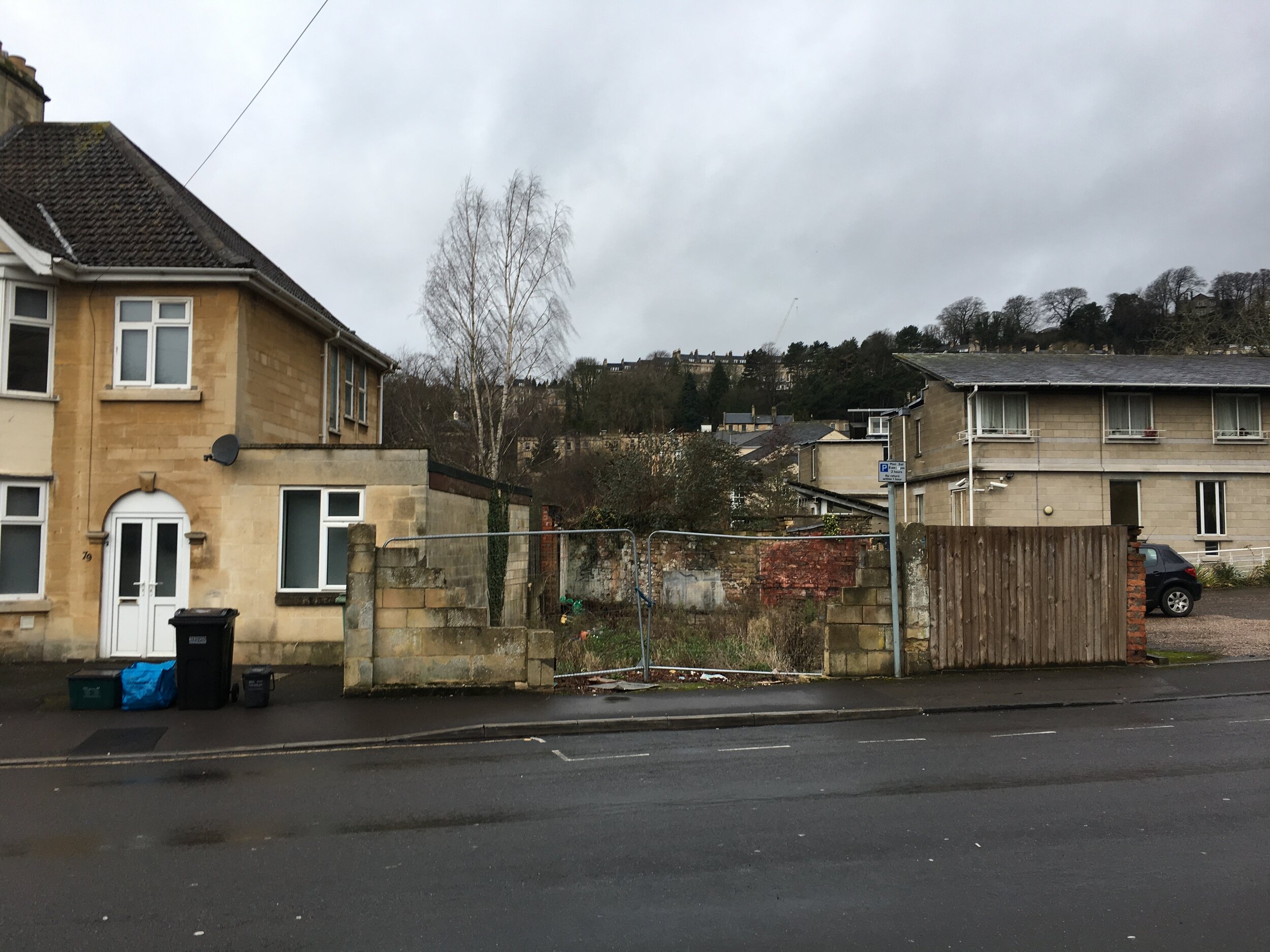Does Planning Permission add value to a property?
Does planning permission add value to property?
The simple answer is yes. Planning permission turns a property into a viable building opportunity and is the key to unlocking potential. Exactly how much value it adds depends on a number of factors:
What kind of property it is; land, house, commercial space or other
Where the property is located
What kind of work is covered by the permission
Whether the permission adds extra usable floor space
When the permission was granted - planning permission expires after 3 years, although it can be reapplied for.
The type of permission obtained: Change of use, Listed Building, Conservation Area consent etc…
How does planning permission add value?
Buying a property is an investment. Like all investments there are inherent risks. However planning permission can help to remove that element of risk and uncertainty from a property. It means that the property has potential. It gives a new owner faith that even if the building or land doesn’t suit their needs now, it can be redesigned, adapted or extended in the future. It also opens up the possibilities of new uses and long-term development. For example a small house in a desirable area may not suit a family in its current state. However if it has planning permission for a loft conversion and extension it may be more attractive as it has the potential to provide the additional space they need.
For developers and investors, planning permission offers great ROI (Return on Investment). This is especially relevant if the planning permission adds more floor space. Property valuations are often based on area - £/sqft or £/sqm. So obtaining planning permission for more floor area increases the value of the property.
Even if the planning permission has expired or was for a different scheme the principle of permission has been established.This can make a new or revised application more acceptable. Of course, local planning policy couldhave changed and may now negate the lapsed permission. Usually though there is still a good argument to be made for new consent, depending on the proposal.
How much value does planning permission add?
The actual value planning permission adds to a property is hard to establish. It depends on severalfactors. The property market is sensitive to location and demand. We’d always advise you to ask a local estate agent to give you an appraisal before you start a project. But it’s safe to say that no property ever suffered from having planning permission. The actual value uplift is all property dependant but here’s a rough guide:
House conversion to flats. Potential Value Added: up to 30%
Obtaining planning permission to divide a property into separate units is a great way to maximise value. Flats are also popular with investors looking for rental income. The whole building can either be sold with planning planning permission to a developer or it can be built out and individual flats rented or sold.
Garage Conversion - Potential Value Added: up to 15%
It’s rare to find a car parked in a garage these days. So garages offer great potential to expand living space or even create a brand-new home. If you have a garage you hardly use it could be redesigned to provide more living space. Clever design can also incorporate that all-important storage space. Garage conversions can be less disruptive and more cost-effective than an extension and allow you to stay in your home during the work. Converting a garage does require careful consultation, planning and design to ensure the space is maximised. Many clients also decide to re-planand open up the whole ground floor at the same time to optimise the use of the space and natural light to suit contemporary living.
Side or rear extension: Potential Value Added up to 15%
Extending the ground floor out to the rear or side of your house can improve the layout and gain valuable floor area. A bonus is that the work may be allowed without planning permission under permitted development rights. For example a single-storey extension will usually be classed as a permitted development if it is no more than 4m high and no wider than half the width of the original house. There are a lot of other factors to consider. For more information see our post about permitted development. Do I even need planning permission?
Loft conversion to add a bedroom: Potential Value Added: up to 15%
A loft conversion providing an extra bedroom with an ensuite bathroom can add up to 15 per cent to the value of your home. Not all lofts can be converted. The main limitation is head height, but your architect will advise on potential solutions. Extra space can be gained by adding a mansard roof to the rear. Some loft conversions can be done without planning permission under permitted development rights, but this should be verified by an architect.
Can planning permission can benefit landowners?
Land has potential for the greatest profit and return on investment (ROI). Land alsohas the greatest flexibility for potential new uses. As such it is very attractive to developers. And of course, land carries less of the risks than converting an existing building or demolishing and rebuilding on the same site.
Land is valued differently to buildings. How much planning permission increases the value of land depends on a number of factors, especially location. It’s often very hard to obtain planning permission on agricultural land. But once it’s obtained the increase in value can be a hundred-fold.
Should I sell land without planning permission?
In most cases the answer is definitely no. If you have land which you think has the potential to be built upon you should approach an architect and consider getting planning permission. The initial cost of planning permission will be outweighed by the uplift in value. There is of course the risk that you won’t succeed. Buta good architect should be able to advise on this in the early stages before you invest too much.
Get in touch now for a Free Consultation to discuss how we can help you.



